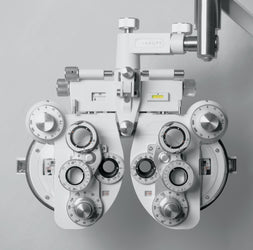When we think about protecting our memory and brain health, we often focus on puzzles, exercise, and eating well. But there’s another important factor that sometimes gets overlooked: hearing.
Recent studies have shown that untreated hearing loss is linked to an increased risk of cognitive decline and dementia. While that might sound worrying, the good news is that taking care of your hearing can make a big difference in keeping your mind sharp and engaged.
Why does hearing matter for the brain?
When hearing becomes difficult, the brain has to work harder to fill in the gaps. This extra effort can take energy away from memory and thinking. Over time, this strain may contribute to cognitive decline.
Hearing loss and social connection
Hearing difficulties can also make conversations tiring or frustrating, leading people to withdraw from friends and family. Loneliness and isolation are known risk factors for dementia, so staying connected is vital.
The power of early support
The encouraging news is that addressing hearing loss—through regular checks and hearing aids where needed—can reduce these risks. Research suggests that treating hearing loss may slow down cognitive decline and support long-term brain health.

What families can do

|
Encourage loved ones to have regular hearing checks. |
 |
Reduce background noise during conversations. |
 |
Make use of supportive technologies like hearing aids. |
 |
Keep conversations gentle, patient, and engaging to support confidence. |
At Eye Emporium, we believe caring for your hearing is caring for your brain. Our friendly team offers hearing health consultations, giving you peace of mind and support tailored to you.
Book your hearing health consultation today—we’re here to help you protect both your hearing and your memory.








